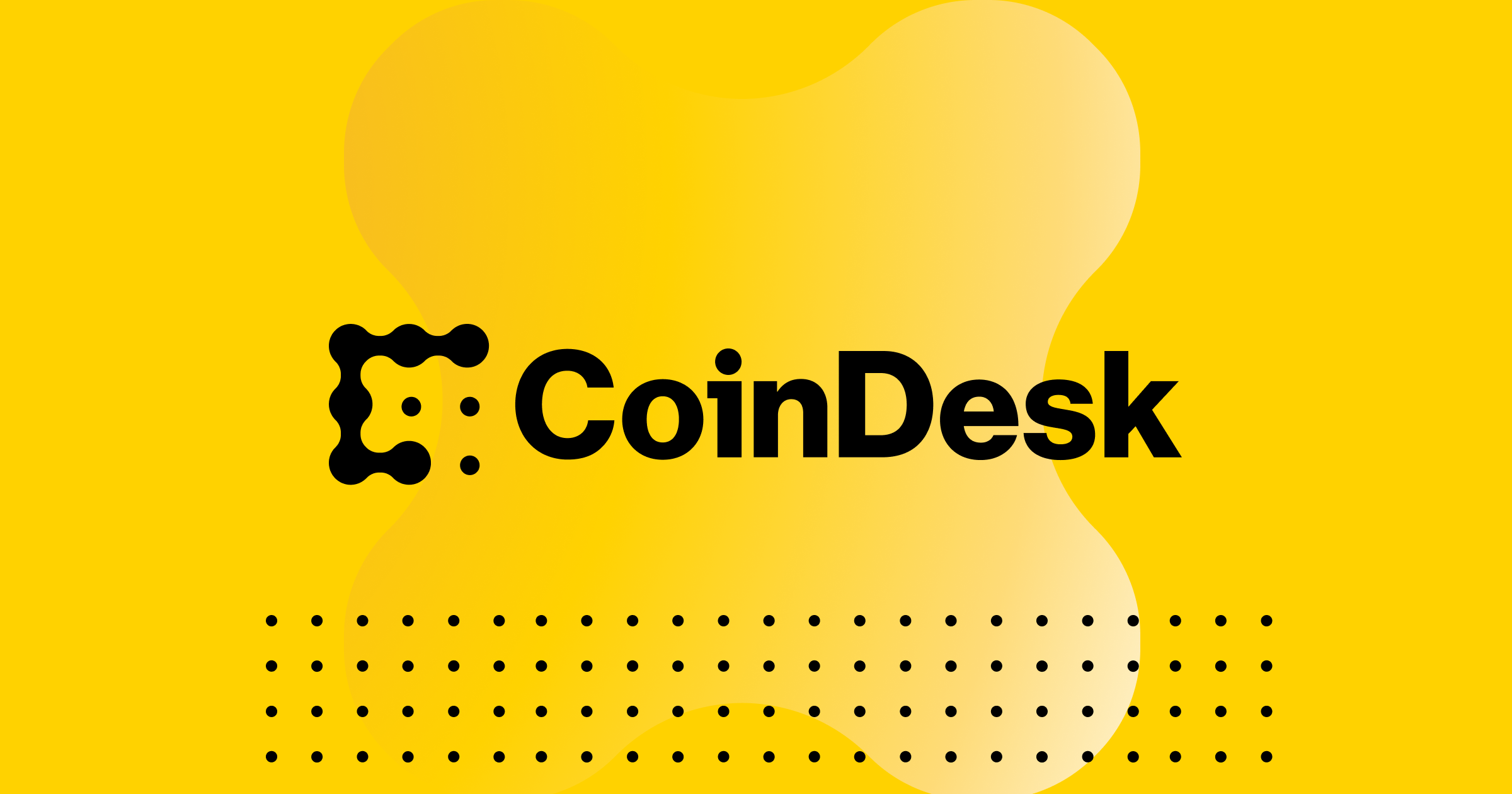FinTech and DeFi, however, are two sides of a very large financial coin. FinTech is centralised (controlled by a central point of authority), regulated, and has been designed for ease of use. DeFi is decentralised (controlled by a distributed network), ‘underground’, and accessible only to those who have developed the specific knowledge. These are the common perceptions, and there are elements of truth within them. Interestingly, however, solutions are popping up in the middle. Take Alluo for example, a mobile app with FinTech usability and a DeFi engine offering a set of unique propositions to mobile investors.
In this article, we will identify the issues and frictions of both FinTech and DeFi in order to understand Alluo’s sweet spot and how it creates a unified solution that is ripe for mass adoption.
The Challenges FinTech & DeFi are Facing
Hundreds of millions of people worldwide, including 97% of Milennials, use their mobile phones as their primary device for a number of financial apps. Whether it’s to check their savings, transfer money to friends, or make casual investments – it’s all app-based. There are also at least 5 million people out there who engage with Decentralised Finance (DeFi), leveraging this complicated and technical (albeit exciting and emerging) technology to have even more ownership and control over their finances and investments.
Financial Technology (FinTech) apps for saving, investing, trading, lending and more are already experiencing mainstream adoption. You’re probably familiar with Revolut, Monzo, Starling, and a dozen others. The list could go into the hundreds; it is a highly saturated and competitive market.
FinTech providers face other important challenges too, namely providing fairness, democratisation, and transparency. These companies typically offer tiered rewards based on volume or deposits, are limited by licensing to which countries they can operate in, and have no requirement to be transparent about where funds are invested (though it does help build trust).
Decentralised finance (DeFi) presents a different set of challenges. By making all products available to everyone all the time, it’s more difficult to offer safety nets or regulations. By operating a borderless and anonymous system, it’s harder to know who is using the service and with what intentions. In offering full transparency, the cryptography required to offer a secure and decentralised service becomes more complex for developers.
While the DeFi industry works together to increase security and productive usage of its applications, it also seeks to improve on design and usability. First-generation DeFi tools were not built by UI/UX designers, and so poor design often led to customer mistakes. The next wave of projects will look and feel like your favourite finance apps, but under the hood, something altogether more innovative will be happening.

DeFi apps can be clunky and unfriendly – Alluo has overcome this inaccessibility with a sleek interface designed by top-tier UI/UX experts.
Alluo bonds a slick customer journey with a sophisticated DeFi engine, and is available both as a mobile app for those finding their feet and as a web app for more tech-savvy individuals looking for friction-free DeFi investing.
DeFi Designers Face a Rude Awakening
User Interface (UI) and User Experience (UX) are the symbolic keys to unlocking the success of any financial tool, yet it’s an area where FinTech dominates DeFi by no small margin. Let’s dig deeper into design and usability to see how FinTech have achieved mass adoption, with global Smartphone users now having an average of 2.5 finance apps downloaded on their phones.
FinTech solutions have earned huge user bases through sleek branding, smooth user experiences, and beautiful app design, making them easy to join, use, and earn with. DeFi has not enjoyed the same success in this regard. Apps and protocols in the DeFi space are often criticised for their confusing designs and interfaces, products that are not intuitive to engage with, and for failing to provide the education or communication needed to surpass usability issues.
For those new to the world of crypto, starting to make use of centralised crypto-FinTech tools like Coinbase, Kraken, Gemini, Nexo, Binance, and a number of other platforms, the leap to DeFi still appears enormous. Factor in recent events related to poor risk management practices and lack of transparency, in the case of BlockFi, UST, and Celsius, and taking a technological jump into the unknown is a step too far for many. Whilst these failed projects weren’t scams, many of their victims will see it that way, having not been able to see what was going on behind the scenes to offer such high yields.

Investing in crypto and DeFi comes with its risks – Alluo has negated these risks with intelligent design and open-source transparency
While the inherent advantages and disadvantages of both Fintech and DeFi products may situate them fairly evenly as competitors, there is an alternative that draws on the best of both worlds. A middle ground – Alluo.
The Sweet Spot: Alluo
The market opportunity in this space is huge, as we’ve explored. By addressing all of the issues on both sides of the coin, Alluo is carving out a new space in Financial Services with their user-friendly platform that offers the flexibility, control, transparency and access to great rates that DeFi can bring, with the usability and customer-centric experience of Fintech.
The ethos of the project is clear – provide absolute transparency and security so that rug pulls, hacks, and scams become a thing of the past, and so that users will have control of their funds at all times. What’s more, funds can be deposited to earn yields and withdrawn at any time. Unlike this traditional finance, you won’t have to wait to get your money. This make’s Alluo’s position clear, they are the safe haven for investors looking for a risk-free approach to high yields in a frictionless and borderless way.
FinTech is guarded and regulated and DeFi is a bit of a wild west. Alluo takes the best of both and makes it all open-source so that investors can see exactly what they are doing with your funds. Alluo is non-custodial, meaning you have control and access to your funds at all times.
What is Alluo?
Alluo gives you access to personal finance tools, great rates, and full control of your finance. They take away the complexity from “DeFi” and deliver a seamless front-end experience for first-time investors in this space. Alluo users can opt for an easy-to-use mobile app that looks and functions like FinTech (but has a crypto engine), or, for experts that want a tech-minded level-up, Alluo’s web app offers greater functionality and control.
The beauty and earning opportunities of our favourite finance apps brought to Web3 for a better future. For everyone.
Read More: news.google.com









 Bitcoin
Bitcoin  Ethereum
Ethereum  XRP
XRP  Tether
Tether  Solana
Solana  Dogecoin
Dogecoin  Cardano
Cardano  USDC
USDC  Lido Staked Ether
Lido Staked Ether  TRON
TRON  Avalanche
Avalanche  Toncoin
Toncoin  Shiba Inu
Shiba Inu  Polkadot
Polkadot  Wrapped stETH
Wrapped stETH  Stellar
Stellar  Chainlink
Chainlink  Wrapped Bitcoin
Wrapped Bitcoin  Hedera
Hedera  Bitcoin Cash
Bitcoin Cash  Sui
Sui  WETH
WETH  Litecoin
Litecoin  Uniswap
Uniswap  NEAR Protocol
NEAR Protocol  LEO Token
LEO Token  Pepe
Pepe  Aptos
Aptos  Wrapped eETH
Wrapped eETH  Internet Computer
Internet Computer  POL (ex-MATIC)
POL (ex-MATIC)  Cronos
Cronos  USDS
USDS  Ethereum Classic
Ethereum Classic  Bittensor
Bittensor  Artificial Superintelligence Alliance
Artificial Superintelligence Alliance  Ethena USDe
Ethena USDe  Filecoin
Filecoin  Render
Render  Arbitrum
Arbitrum  Algorand
Algorand  Hyperliquid
Hyperliquid  Cosmos Hub
Cosmos Hub  Stacks
Stacks  Celestia
Celestia  Aave
Aave  Immutable
Immutable